National Meeting on University Cultural Management
National Meeting on University Cultural Management
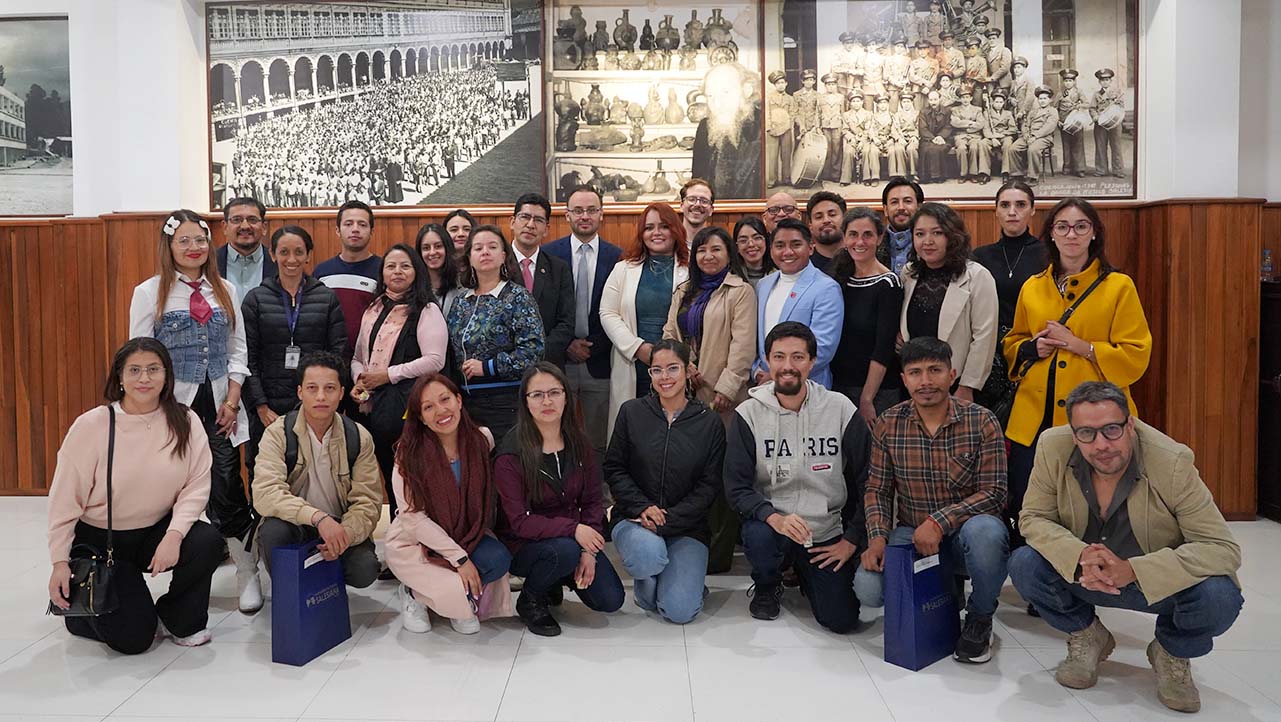
Our branch campus in Cuenca held a National Meeting on University Cultural Management which was attended by experts, professors, students and professionals in the field of cultural management. Participants talked about the role of universities to promote art and culture in today’s modern society.
There were several activities during the meetings, from practical workshops, discussions, book presentations and artistic presentations. The topics included the importance of cultural activity as a fundamental pillar in the training processes of university students and their connection with society, as well as the impact of the pandemic on cultural and creative practices.
The event was attended by representatives from the following universities: Universidad del Azuay (UDA), Universidad de Cuenca (UCUENCA), Universidad Católica de Cuenca (UCACUE), Universidad Nacional de Educación (UNAE), Universidad Técnica Particular de Loja (UTPL) Escuela Superior Politécnica del Litoral (ESPOL), Universidad Bolivariana del Ecuador (UBE), Universidad Católica Santiago De Guayaquil (UCSG), Pontificia Universidad Católica del Ecuador (PUCE), Facultad Latinoamericana de Ciencias Sociales (FLACSO) - Área de Cultura y Universidad Politécnica Estatal Del Carchi (UPEC).
During the meeting, they held the workshop: "Art as infrastructure within cultural capitalism", organized by UPS together with the director of the Cuenca Biennial, Hernán Pacucuru. This workshop provided a valuable perspective on the fundamental role that art and culture play in contemporary cultural and social dynamics.
They also presented the book: "Formación interdisciplinar para el sector cultural", coordinated by professors Blas Garzón, Laura Falceri and Ángel Torres.
The meeting not only provided an opportunity for learning and reflection, but also a platform to foster new alliances between educational institutions, cultural organizations and the public-private sector. Attendees had a renewed sense of purpose to continue promoting art and culture as drivers of social change and human enrichment.

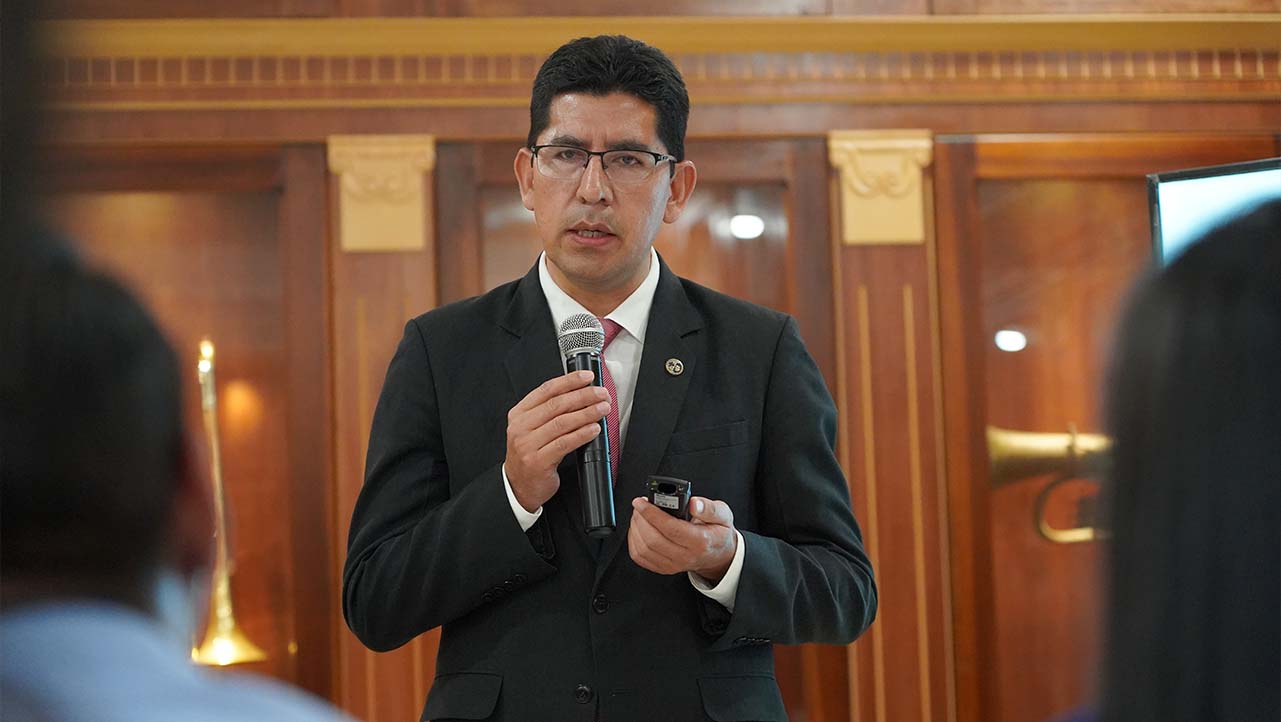
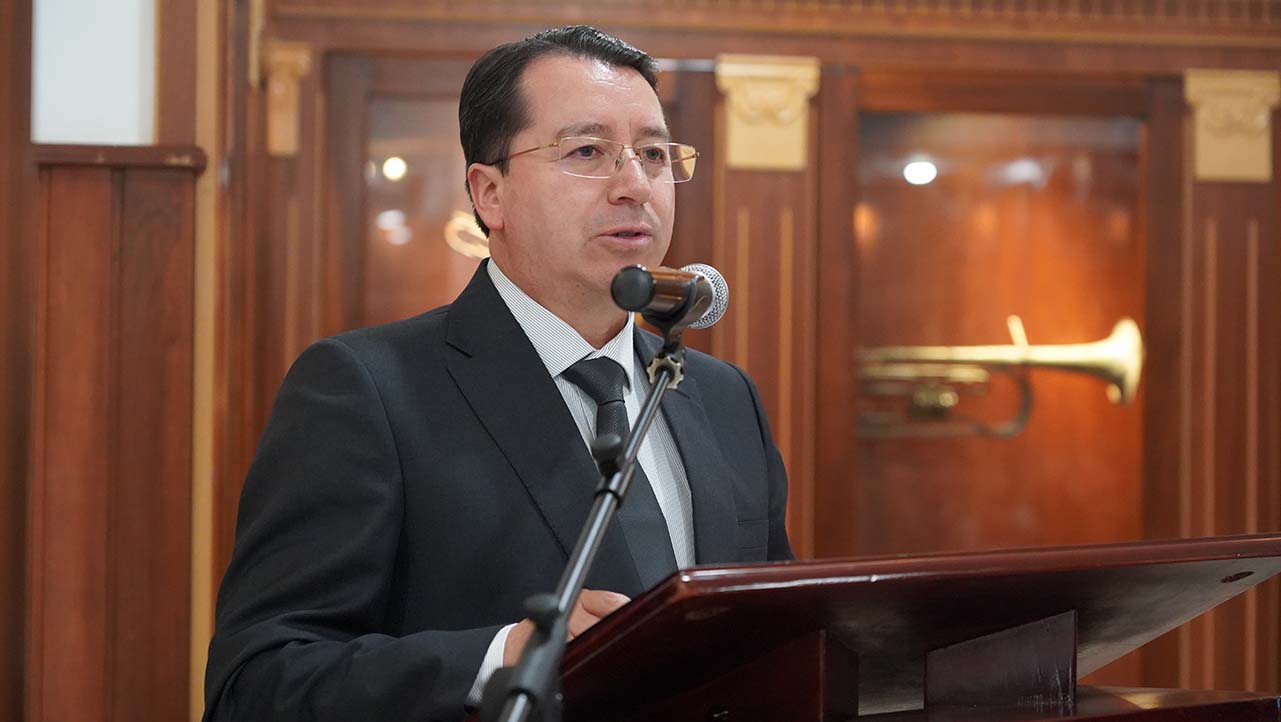
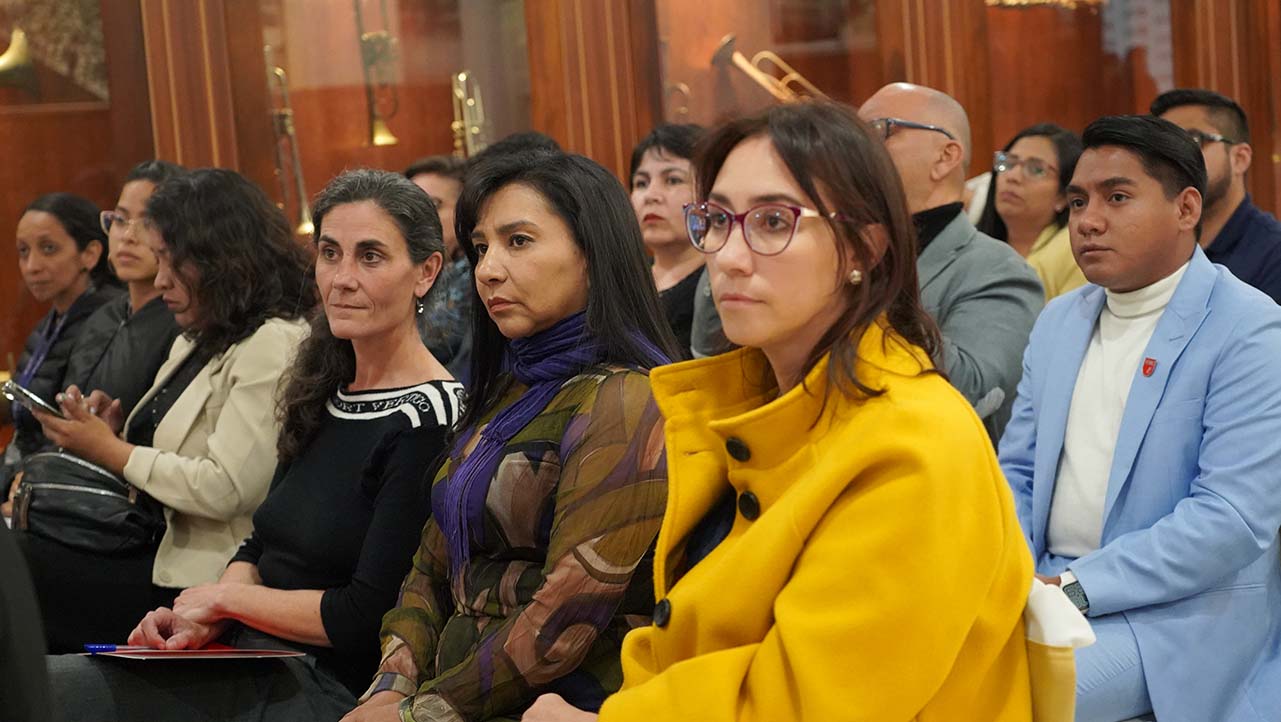


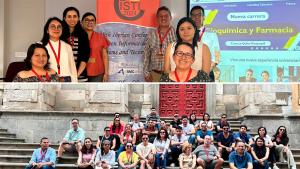

Follow us
Follow us